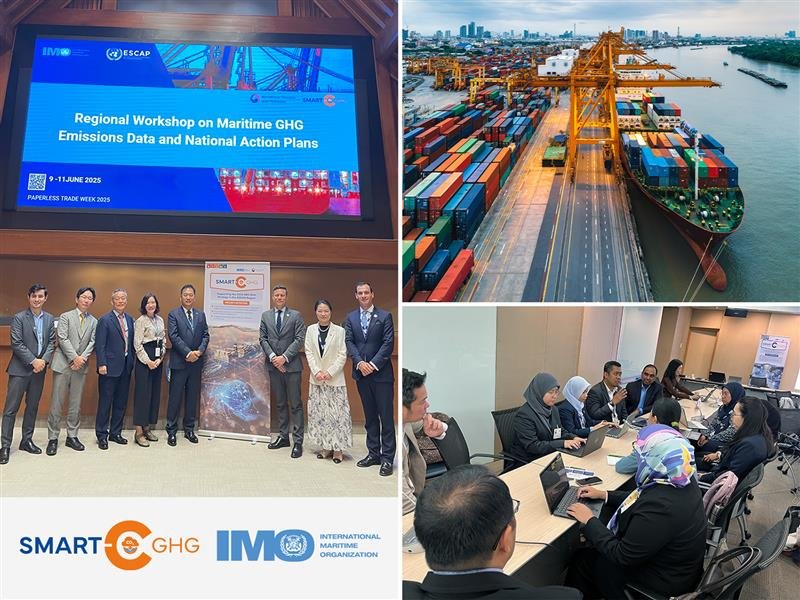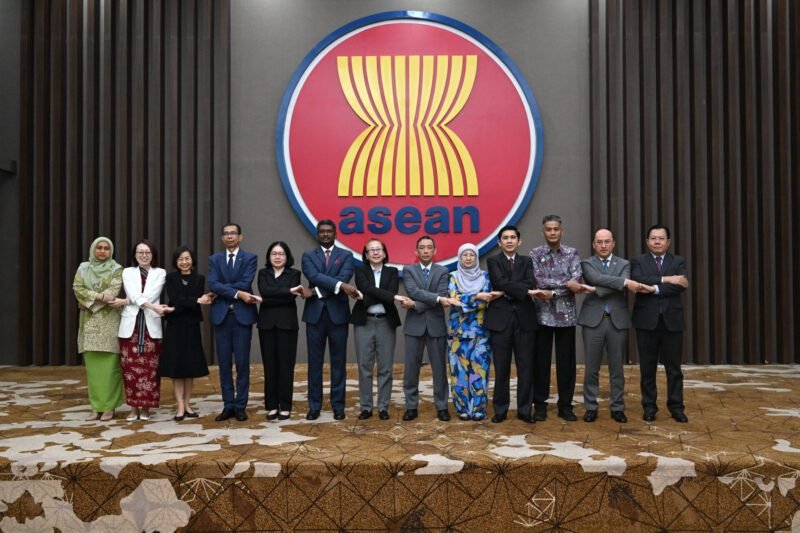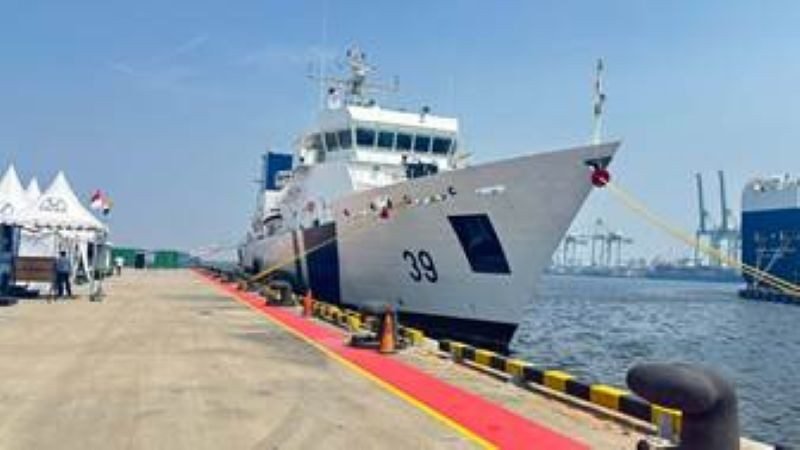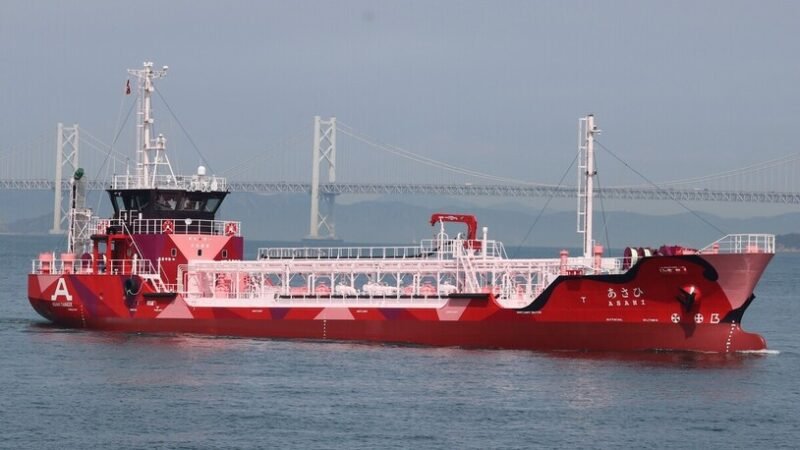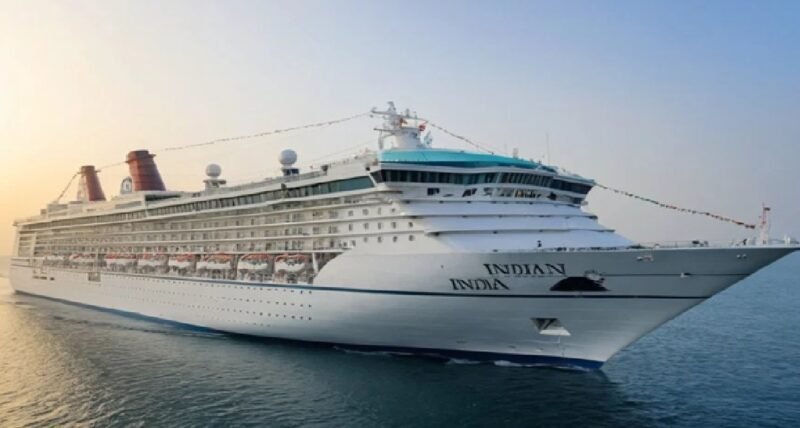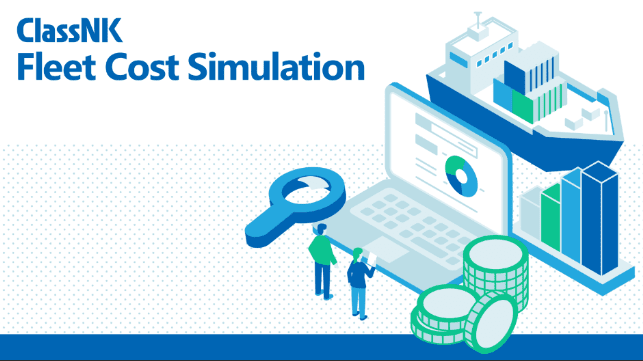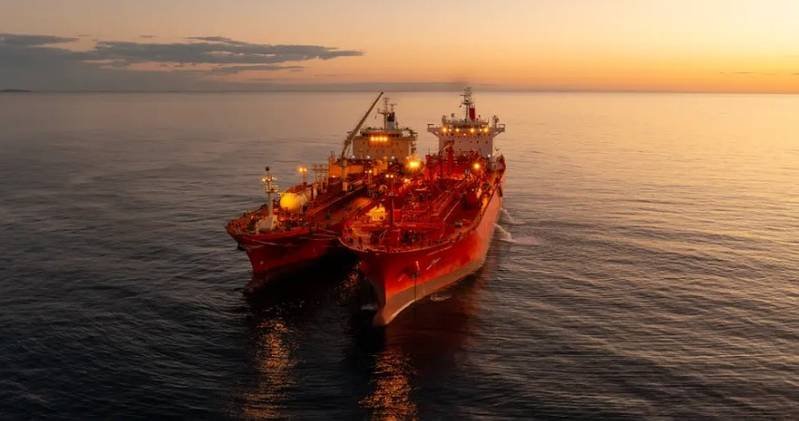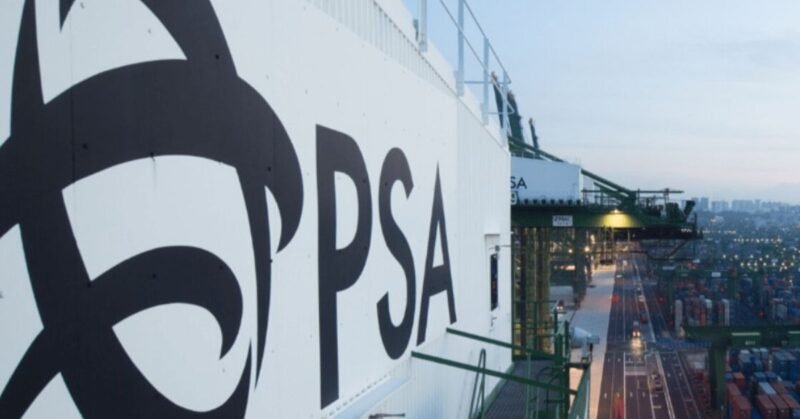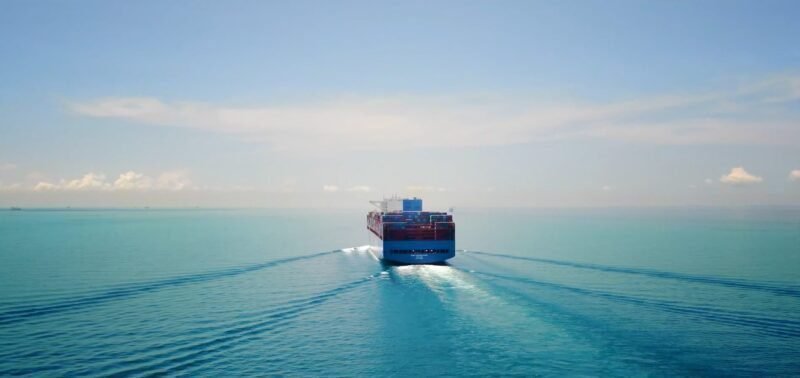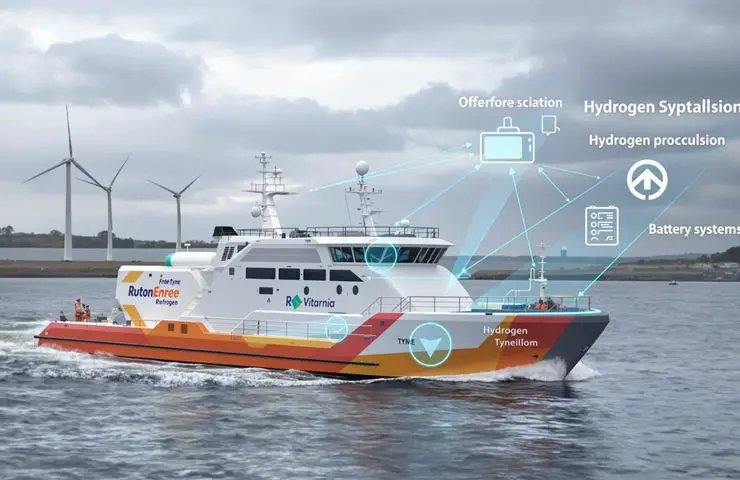Members of the Association of South East Asian Nations (ASEAN) are actively advancing maritime decarbonization, according to the International Maritime Organization (IMO). A recent workshop in Bangkok focused on greenhouse gas (GHG) emissions data and national action plans, providing essential tools to address ongoing challenges in emissions tracking, policy planning, and green financing.
Experts from various organizations, including the IMO and the United Nations Economic and Social Commission for Asia and the Pacific (ESCAP), contributed to the workshop. ESCAP’s Director, Weimin Ren, highlighted the importance of sustainable maritime connectivity for regional economic cooperation, emphasizing that the workshop equips countries to reduce emissions while maintaining operational reliability.
The SMART-C GHG Project, co-organized by the IMO and UN ESCAP, aims to assist the Philippines and Vietnam in developing maritime GHG reduction policies. Presentations from member states showcased both progress and challenges, with Singapore’s case study offering a model for national decarbonization strategies. The workshop concluded with actionable recommendations for continued collaboration and alignment of financial resources with climate goals.
A DNV report indicates that ASEAN states could save $800 billion in decarbonization costs through regional cooperation on energy infrastructure projects. All member states are committed to achieving net-zero emissions by 2050, with plans for an ASEAN power grid to enhance energy security and meet rising energy demands.
Share it now


